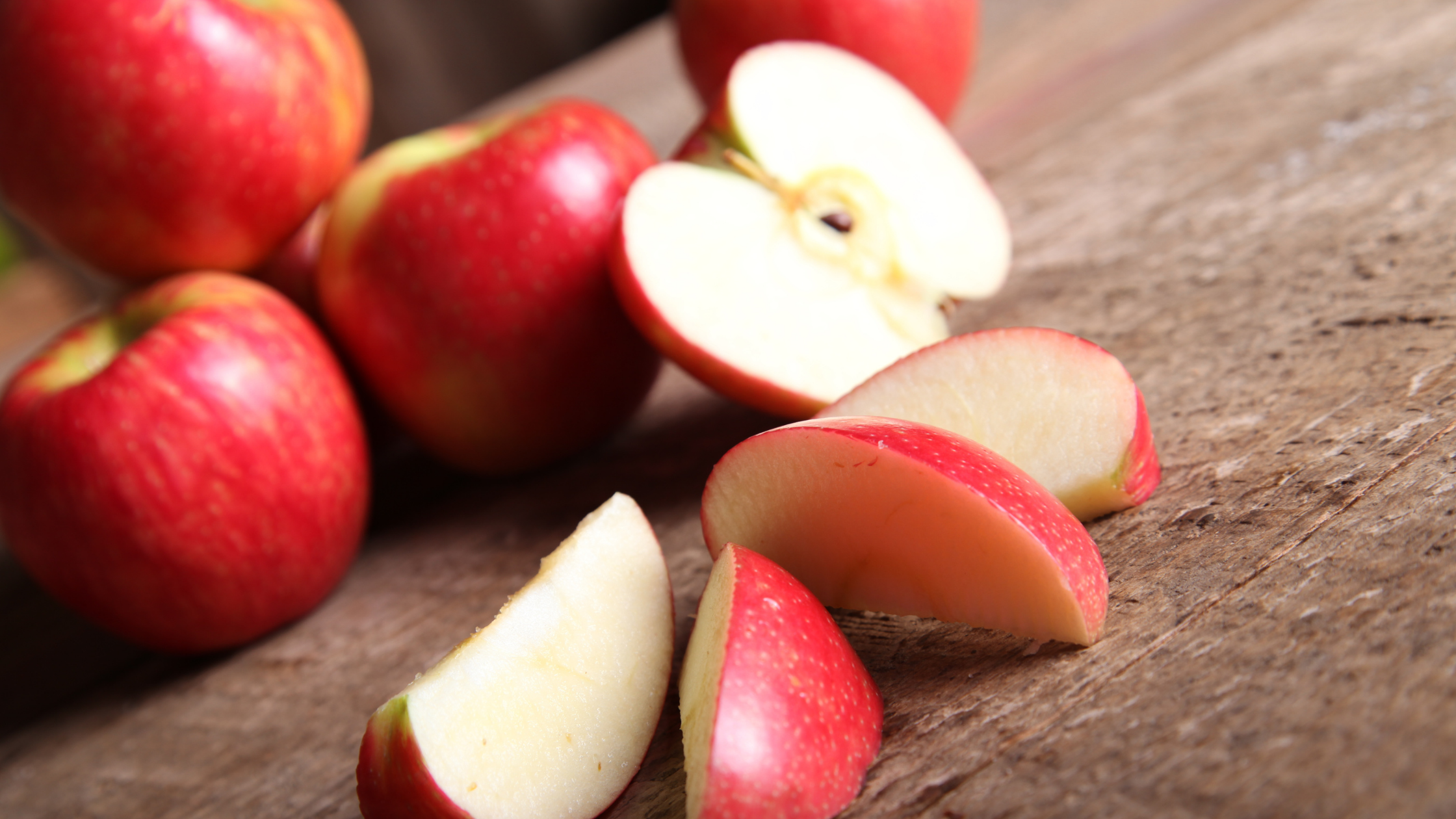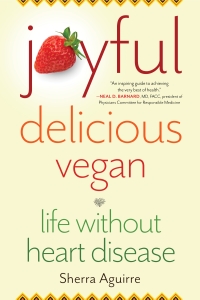10 Heart-Healing Superfoods and Spices
What if the most effective thing you could do to avoid heart disease or even reverse it is not an expensive drug or procedure and comes with no side effects? Would you be interested? And what if, over your lifetime, the very same thing would also protect you from diabetes, common cancers and lower your risk for other chronic illnesses? I’m pretty sure you know where I’m going with this. Simply eating a plant-based diet while restricting or eliminating meat and dairy does all of the above and more. And if you’re asking yourself, “Then what will I eat?” the answer is all the vegetables, fruits, beans, grains, nuts, spices, and seeds you already enjoy in new and exciting recipes that will leave you wanting more! And you can keep many of your favorite dishes made healthier by substituting plant-based ingredients for meat and dairy.
To make this healthy change even more powerful and enjoyable, here are some superfoods that you can eat more of to amp up the benefits and the results for heart health and more.
Apples
The old saying “an apple a day keeps the doctor away” turns out to be more accurate than we knew. A recent study found that eating one apple per day had the same effect on preventing death from heart disease as taking a statin drug. Apples are high in fiber, a major factor in protecting heart health, and low in cholesterol, and they have polyphenols known to lower blood pressure. Eating an apple a day will also boost overall health and has none of the side effects of a statin drug, not to mention the cost. Tip: Eat the skin, which is the most nutrient-rich part.
Berries
When it comes to the nutritional value in food, color counts! The more colorful, the more beneficial, and berries are a great example for heart and overall health. Blueberries, strawberries, and raspberries are rich in different amounts of heart-protecting antioxidants and phytonutrients, so mix them up and eat fresh or frozen rather than dried.
Leafy Greens
Just like with berries, the darker green color of your salad greens and those used in cooking like collards or mustards is a good indicator of the protection and disease-fighting properties they contain. Their vitamin K and folate help clean the arteries, and eating a mix of raw and cooked greens can reduce the risk of heart disease by 16 percent and help reverse existing symptoms.
Tomatoes
Tomatoes are rich in lycopene which gives them their red color. It is an antioxidant that reduces inflammation that contributes to heart disease, diabetes, and even common cancers. Cooking tomatoes in sauces, stews, or other dishes increases the amount of lycopene they provide. Eating raw tomatoes, according to studies, increases the amount of HDL or “good” cholesterol, contributing to heart health.
Avocados.png)
Avocados are a source of healthy fat that helps reduce LDL or “bad” cholesterol. They also are a rich source of potassium which produces nitric oxide in the body for healthy arteries, blood pressure, and reduction of heart disease risk.
Beans
Beans are one of the most affordable heart-healthy foods, rich in fiber, vitamins, minerals, and many other nutrients. Although all beans offer these benefits, darker colored beans like black beans are the richest in phytochemicals, which promote healthy arteries by helping to reduce plaque and clogged arteries. The folate and magnesium in beans also help lower blood pressure.
Garlic
Garlic has long been known as a health superfood used in cooking and as a medicine for thousands of years. Rather than buying supplements, incorporate this tasty vegetable in your cooking and even raw as an ingredient in smoothies or salads. The allium in garlic and onions has antioxidants, is antibacterial and anti-inflammatory, and promotes healthy aging. It also prevents blood clots, lowers triglycerides, and helps prevent plaque buildup in your arteries.
Cinnamon.png)
Just half a teaspoon of cinnamon per day improves blood markers in diabetics. It produces nitric oxide, which reduces blood pressure by dilating the arteries, causing them to widen. Cinnamon has also been shown in studies to reduce triglycerides and LDL or “bad” cholesterol.
Turmeric
The curcumin in turmeric gives it a rich yellow color and is a powerful antioxidant. It helps reduce the risk of heart issues like arrhythmias, hardening of the arteries, and heart failure. It also promotes joint health and reduces inflammation. It is even more effective when combined with black pepper—also heart-healthy—which greatly increases its absorption by the body and strengthens its positive effects.
Dark Chocolate
I saved the most surprising heart-healthy food for last: dark chocolate. Yes, dark chocolate can benefit your heart! Some studies have shown that including high levels of dark chocolate in your diet can reduce your risk of heart disease by 37% and stroke risk by 29%. A note of caution is that it’s the dark chocolate, not the processed sugar or milk in a typical candy bar, that you want. I keep raw cacao powder in my kitchen to make plant-based chocolate sauces or chocolate plant milk with a little maple syrup, monk fruit, stevia, or other low glycemic sweeteners. Check out my chocolate hemp milk recipe in my book!
The secret to protecting your health naturally with whole plant-based foods is knowing what to eat more of, less or none of, and how to make the change delicious and enjoyable. Just start by increasing your “eat more” list, which includes thousands of varieties of vegetables, fruits, nuts, beans, grains, seeds, spices, and herbs, in an unlimited number of recipes to try and enjoy. Salt, processed sugars, and the oils found in most processed foods are in the “eat less” category. And, of course, limit or eliminate meat and dairy. Foods like the ones above are most effective when eaten as part of a varied, plant-strong diet, so their positive effects are enhanced and multiplied. This is our best medicine.


